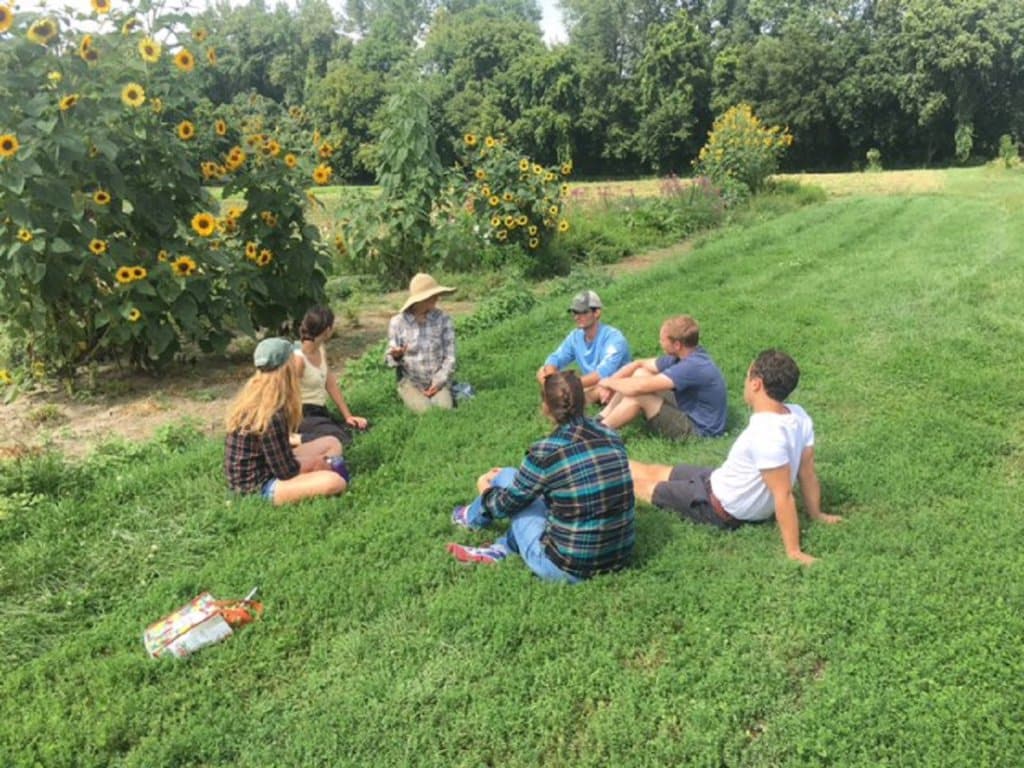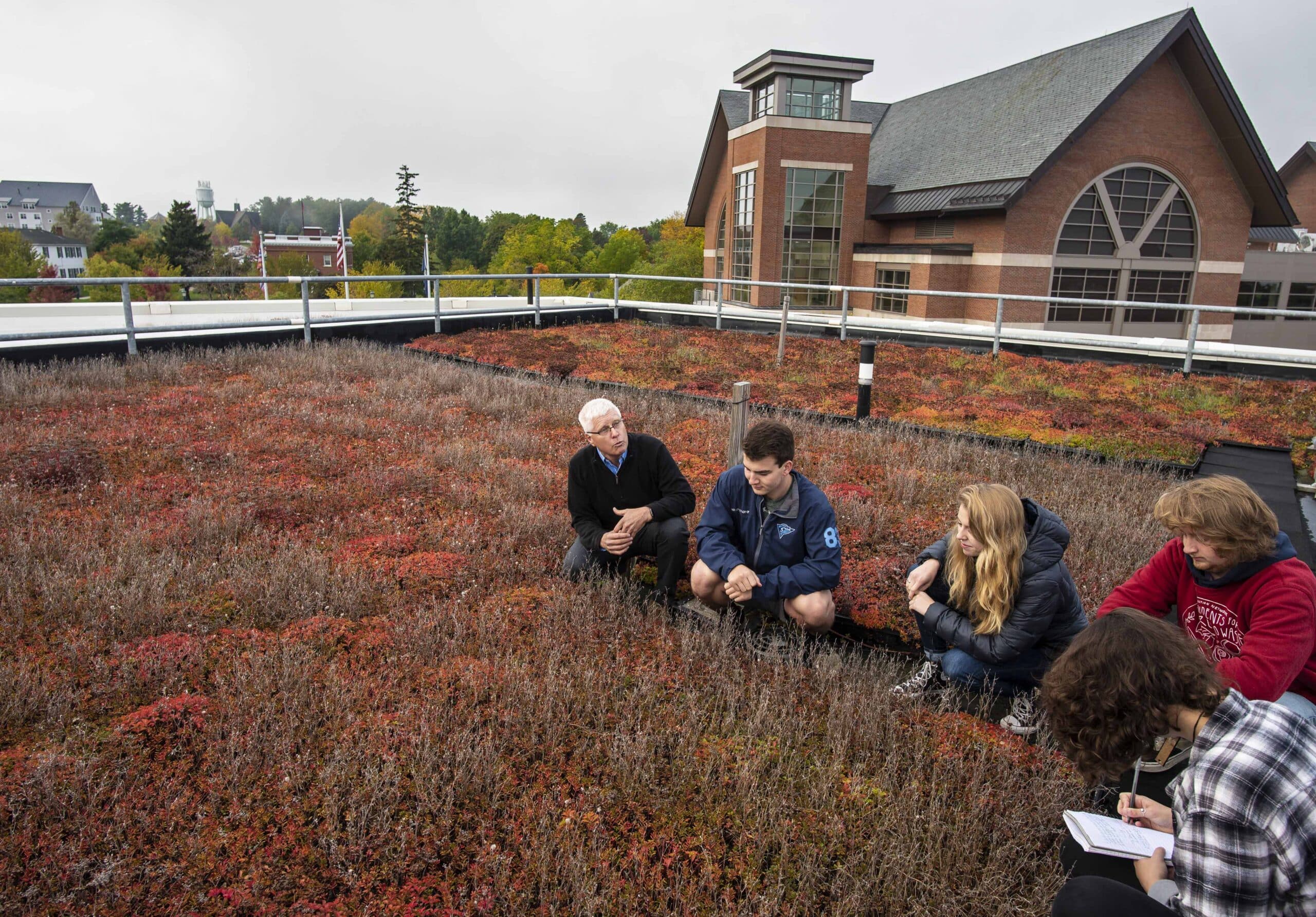“How do we grow food in a way that sustains our people and our planet?” This is the million dollar question University of Vermont (UVM) is working tirelessly to address the alarming issue of the global food crisis.
A top 100 public research university in the US, UVM — or “Universitas Viridis Montis,” Latin for “University of the Green Mountains” — is at the forefront of exciting developments.
But it is just as prolific with their innovative undergraduate, graduate and doctoral programmes. Undergraduate students can choose from a wide range of major and minor options that will further nurture their interests and passions.
These dynamic programmes fall under The College of Agriculture and Life Sciences where science is grounded in humanity for students who want to make a difference in the world. With an emphasis on hands-on learning and research, these programmes are designed to empower individuals to become doers while challenging the boundaries of creativity and innovation to become the next generation of well-informed leaders.
The BS Agroecology and Landscape Design is a flexible major that allows students to choose between two concentrations that will help them achieve their career goals. Regardless of their chosen concentration, students will gain an understanding of ecological systems through hands-on coursework, research, internships and engagement with local and global communities. To further fuel their curiosity, students can opt from various undergraduate minor choices such as Agroecology, Food Systems, Plant Biology and Soil Science.
The Certificate of Graduate Study in Agroecology – offered by the Plant and Soil Science Department – is a 15-credit programme in learning how to sustainably transform the agrifood system through merging economic, social and ecological perspectives. Based on the Participatory Action Research concept, students undertake a combination of online foundational classes, a capstone course and a final week spent on a real farm.
Students in the Agroecology programmes will greatly benefit from the newly established Institute for Agroecology (IFA) and the Cooperative Institute for Research to Operations in Hydrology (CIROH).
Building on a decade of work by the members of the Agroecology and Livelihoods Collaborative (ALC), IFA has four values central to their mission – co-create, iterate, integrate and transform. They position themselves as a lighthouse for agroecology knowledge mobilisation. This means that more collaborative efforts will be pushed forward, connecting committed researchers, community organisers, food producers, students, social movement actors and civil society leaders to develop high-impact research.

Source: University of Vermont
Considered a national consortium of science and services, the up and running CIROH is headquartered at the University of Alabama Water Institute (AWI). The institute consists of academic institutions, non-profit organisations, and government and industry partners across the US and Canada. Their mission? To provide actionable water resources intelligence to improve a national water model and flood forecasting.
Here, CIROH’s cooperative members and other federal agency scientists work closely with the National Oceanic and Atmospheric Administration’s (NOAA) National Water Centre and the US Geological Survey Hydrologic Instrumentation Facility. Their four main research themes are Water Resources Prediction Capabilities, Community Water Resources Modelling, Hydroinformatics and Application of Social, Economic, and Behavioural Science to Water Resources Prediction.
Agroecology students can enjoy easy access to top academic experts as well. For example, Professor of Agroecology and Environmental Studies V. Ernesto Méndez focuses on agroecology, agrifood systems, participatory action research, and transdisciplinary research approaches. Associate Professor Yolanda Fanslow Chen studies how we can use ecological and evolutionary information to improve sustainable pest management
At UVM, their teaching and research are backed by generous financial support. Recent funding — the USDA AFRI Foundational grant from the Pests and Beneficial Species in Agricultural Production Systems programme (US$683,490) — will enable the Insect Agroecology and Evolution Lab to study the role of epigenetics in the evolution of insecticide resistance in the Colorado potato beetle, a major pest of potatoes. This will pave the way for a doctoral student to be included in the research.
The setting? Specialised facilities where students can hone their skills and apply their knowledge. These include four research farms supporting animal and dairy science, horticulture, and maple research.
Want to be part of the next generation of global changemakers? Let University of Vermont develop you to be the leader you aspire to be. Find out more on their website.
Follow University of Vermont on Facebook, Twitter, YouTube, Instagram and LinkedIn











